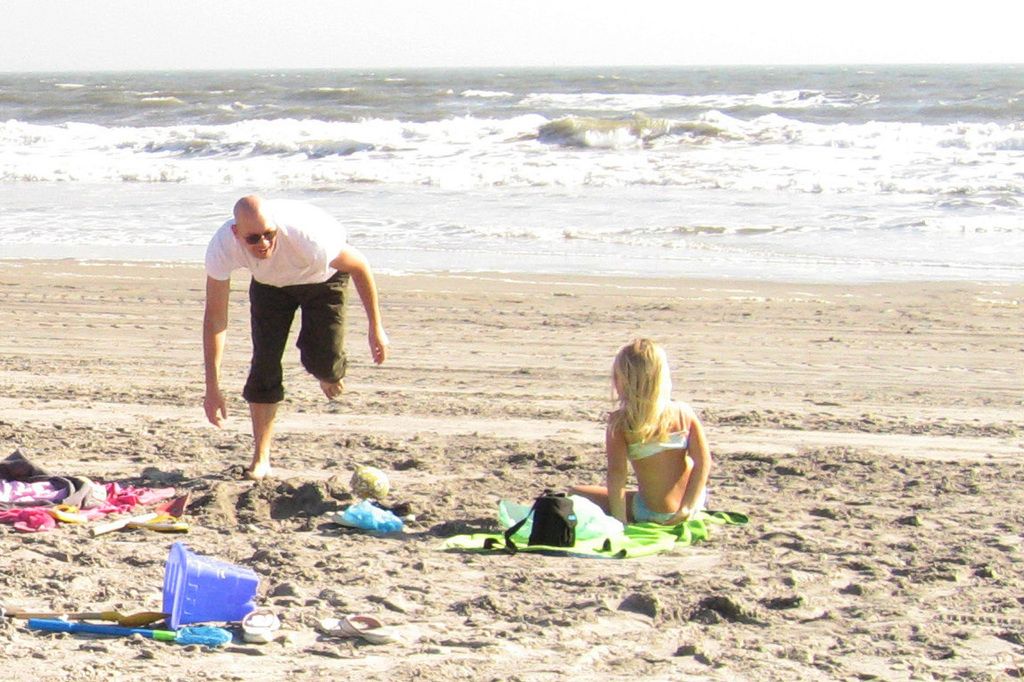"Take Two, They're Back": Germany Loosens Stance on Nuclear Power in EU with France
Economy Minister Reiche affirms receiving approval for French nuclear energy adoption
Facebook Twitter Whatsapp E-Mail Print Copy Link Federal Minister of Economics, Katherina Reiche (CDU), has flip-flopped on her views about nuclear power, expressing optimism about collaborating with France to embrace it as a sustainable energy source, contrary to Germany's previous stance. Reiche spoke candidly on the sidelines of an Organisation for Economic Co-operation and Development (OECD) conference in Paris. She stated that acknowledging France's reliance on nuclear power could lead to shared, innovative solutions for a CO2-free energy supply.
Nevertheless, it's not all rosy. "It's not about bankrolling outdated systems," Reiche clarified. "It's about recognizing that France and Germany are following different concepts for a green energy future." Reiche previously supported a "technology-open" approach in Brussels, even advocating for research on small modular reactors (SMR) using EU funds[1]. However, the Ministry of the Environment has since disagreed with her[2].
Initial resistance to classify nuclear power as sustainable energy ran high. The former government rejected the French demand, but the traffic light coalition's stance crumbled under pressure. Consequently, Germany was outvoted in negotiations on a European electricity market reform[2].
Reiche was more rigid when it came to the free trade agreement with the South American Mercosur countries, which France rejected. "We're not reopening talks on an agreement that's taken 20 years to hammer out," she stated firmely. Despite the numerous unresolved issues, particularly in the agricultural sector, Reiche remains hopeful that a deal can be reached this year. Regarding the trade dispute with the USA, she urged a swift resolution, emphasizing the need to make negotiations happen "as soon as possible," because there's little time to waste[3]. Free trade, Reiche believes, drives prosperity, growth, and opportunities.
Source: ntv.de, AFP
Insights:
As the German government changes its stance on nuclear power at the EU level, Chancellor Friedrich Merz's new administration has dropped the country's resistance to classifying nuclear power as a sustainable energy source[1]. This shift allows nuclear power to be treated like renewable energy sources in EU policy, potentially paving the way for greater investment in nuclear energy and aligning with EU climate goals[1][2]. However, Germany's domestic policy remains firm, with aims to phase out nuclear power plants nationwide[1].
The change in stance could have various implications for the EU and its energy policies. The decision to include nuclear power in the EU's Taxonomy for Sustainable Finance could guide investments towards nuclear energy[1]. In addition, the closer alignment between Germany and France on energy policy may lead to increased cooperation and unity within the EU on energy issues[1][4].
Public and industry perceptions of nuclear power may also shift, with potential support for nuclear energy as a low-carbon option. However, ongoing debates and potential disputes within the German government regarding nuclear policy remain[4]. The European Commission has delayed classifying hydrogen produced from nuclear energy as "low-carbon," which could impact the development of nuclear-derived hydrogen as part of the EU's decarbonization strategy[5].
Overall, Germany's new stance on nuclear power at the EU level may lead to deeper cooperation and unity within the EU on energy issues, but domestic opposition to nuclear power persists.
- The shift in Germany's stance on nuclear power, now considering it a sustainable energy source in EU policy, could potentially lead to increased investment in nuclear energy, aligning with EU climate goals.
- The development of the “Taxonomy for Sustainable Finance” in the EU could be influenced by the inclusion of nuclear power, guiding investments towards this energy source.
- The closer alignment between Germany and France on energy policy might foster increased cooperation and unity within the EU on energy issues, possibly resulting in more cohesive decision-making regarding policy and legislation.





